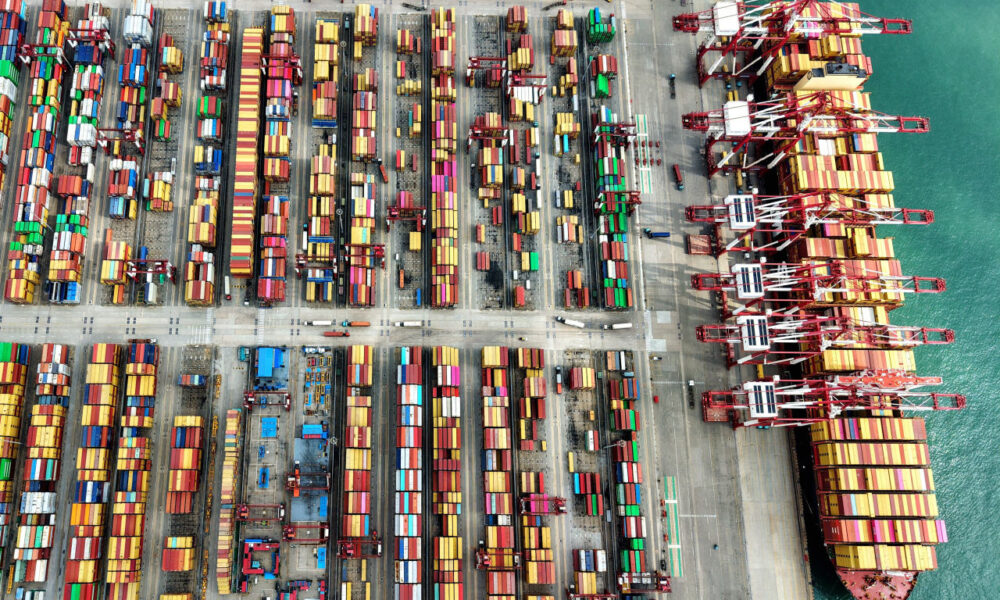The International Monetary Fund (IMF) has issued a cautionary note regarding the economic outlook for Asia-Pacific countries, stating that while these economies showed resilience in the first half of 2023, the full impact of increased tariffs imposed by the United States remains uncertain. As trade dynamics evolve, the IMF anticipates a slowdown in growth for the region.
In its latest report, the IMF highlighted that Asia-Pacific economies outperformed expectations, with many countries reporting stronger-than-anticipated growth rates. However, the organization emphasized that the ramifications of U.S. tariff hikes could significantly alter the economic landscape. The IMF’s analysis suggests that these tariffs, which have been a point of contention in international trade relations, will likely exert pressure on exports and overall economic activity.
The IMF has not provided specific figures regarding the potential decline in growth rates, but it has indicated that the effects of the tariffs will be felt more acutely in the coming months. This caution comes as many economies in the region are still navigating the aftermath of the COVID-19 pandemic, which has disrupted supply chains and affected consumer demand.
Economic Outlook and Challenges Ahead
Countries such as China, Japan, and Australia are particularly vulnerable to these trade tensions. The IMF noted that while these nations have shown resilience, any adverse effects from U.S. tariffs could reverse some of the economic gains made post-pandemic. The organization has called for increased cooperation among Asia-Pacific nations to mitigate the potential fallout and bolster regional economic stability.
The report also pointed to the importance of diversification in trade partnerships. Economies heavily reliant on exports to the United States may need to explore alternative markets to reduce their exposure to tariff impacts. This shift could involve strengthening ties with other trade partners, including those within Asia and emerging markets in Africa and Latin America.
The IMF’s warnings reflect a broader concern about the state of global trade, particularly as countries grapple with inflationary pressures and shifting consumer behaviors. The organization urged policymakers in the region to remain vigilant and proactive in addressing these challenges to sustain growth momentum.
Long-Term Effects on Trade Relations
Looking ahead, the IMF’s forecast raises critical questions about the future of trade relations between the United States and Asia-Pacific economies. As policymakers in Washington reassess tariff strategies, the potential for further escalations remains a reality that businesses and governments must consider.
The IMF stressed the necessity for transparent and constructive dialogue among nations to address trade issues effectively. As the global economy continues to adapt to changing dynamics, cooperation will be vital for fostering resilience in the face of external shocks.
In summary, while the Asia-Pacific region has demonstrated remarkable adaptability in the first half of 2023, the looming effects of U.S. tariff hikes present a significant challenge. The IMF’s insights serve as a reminder of the interconnectedness of global economies and the need for collaborative efforts to navigate the complexities of international trade.







